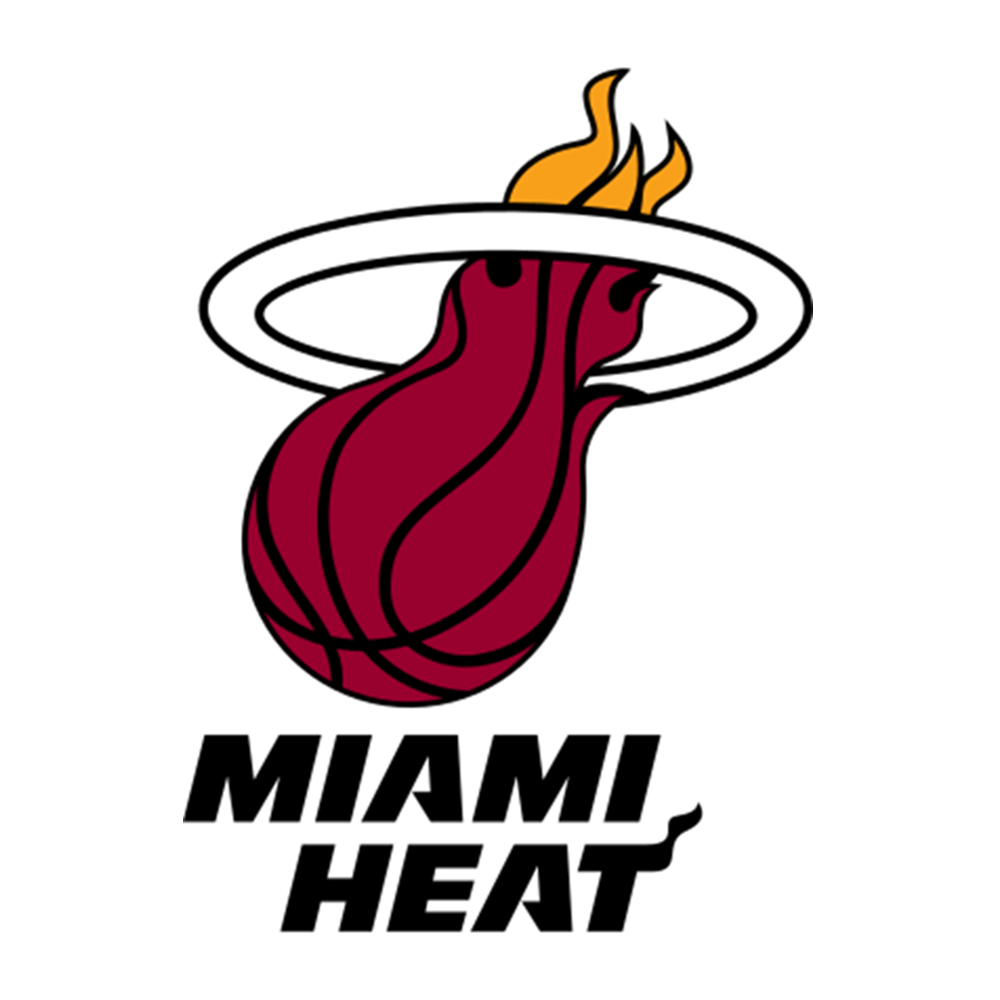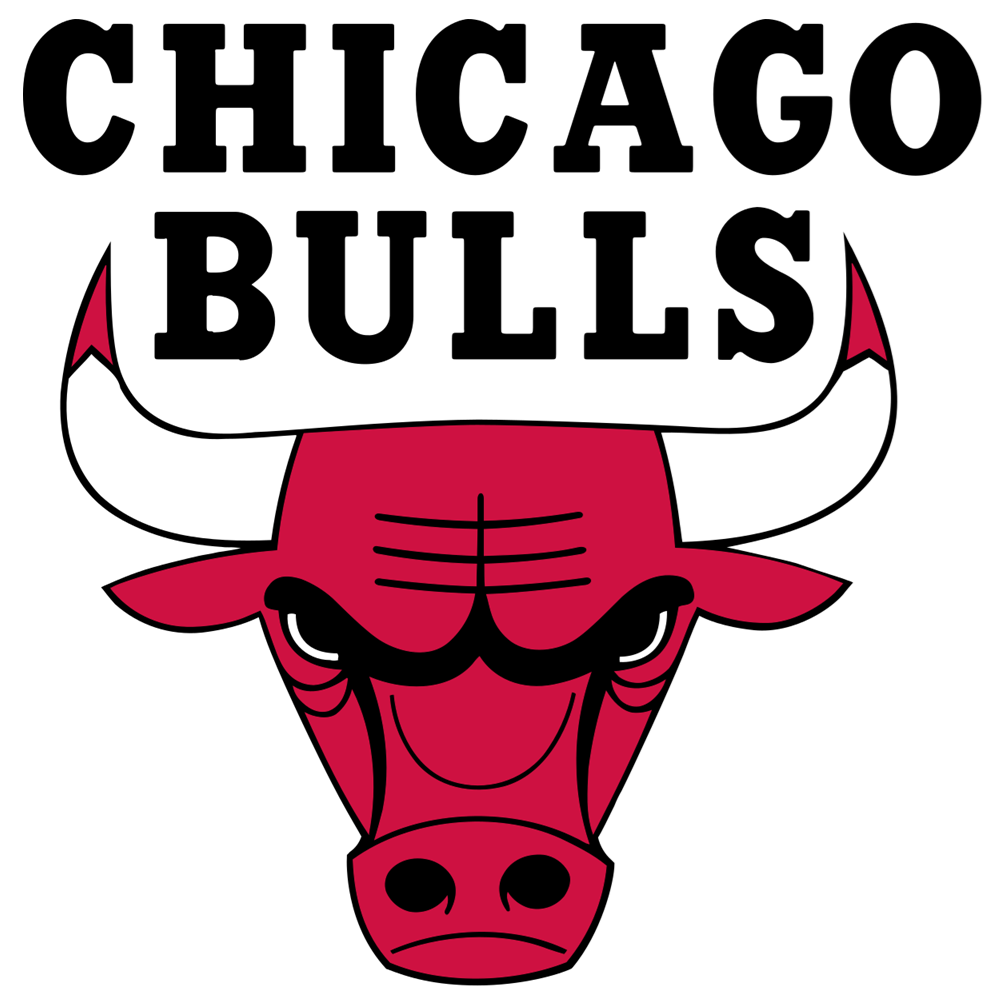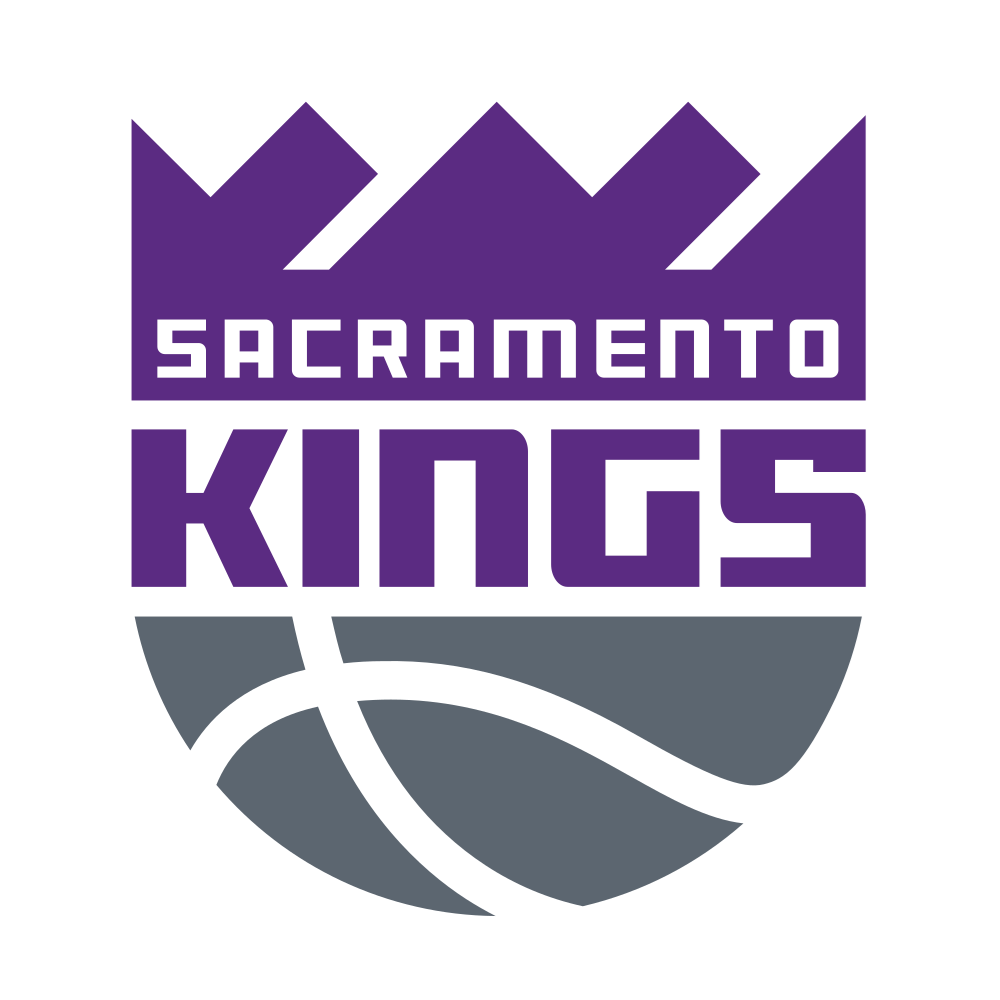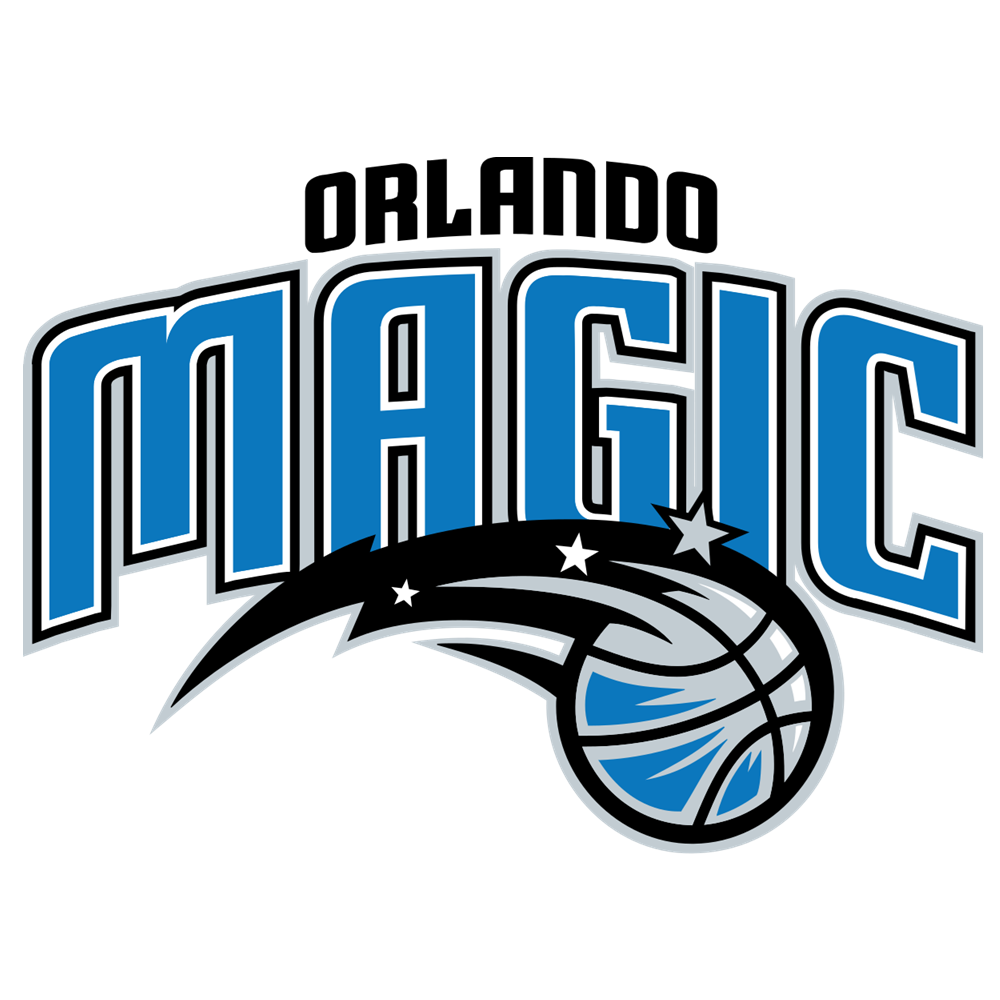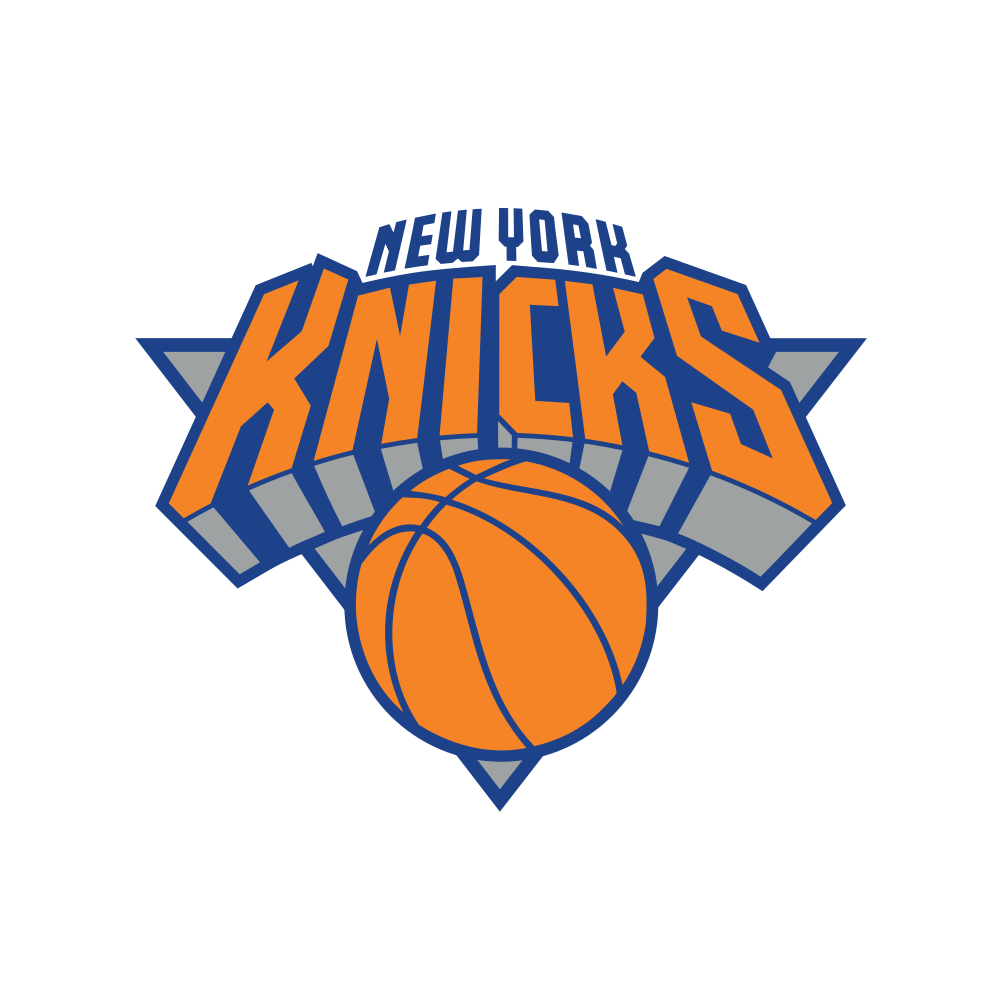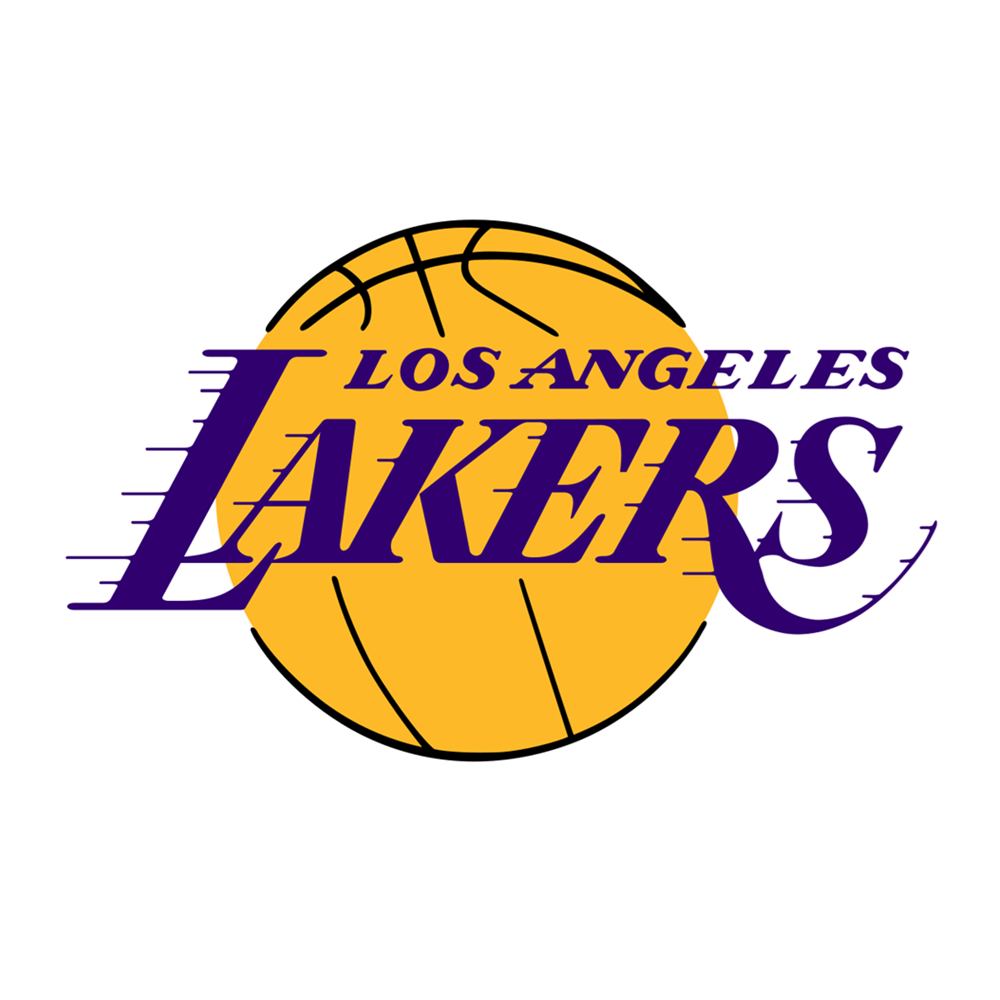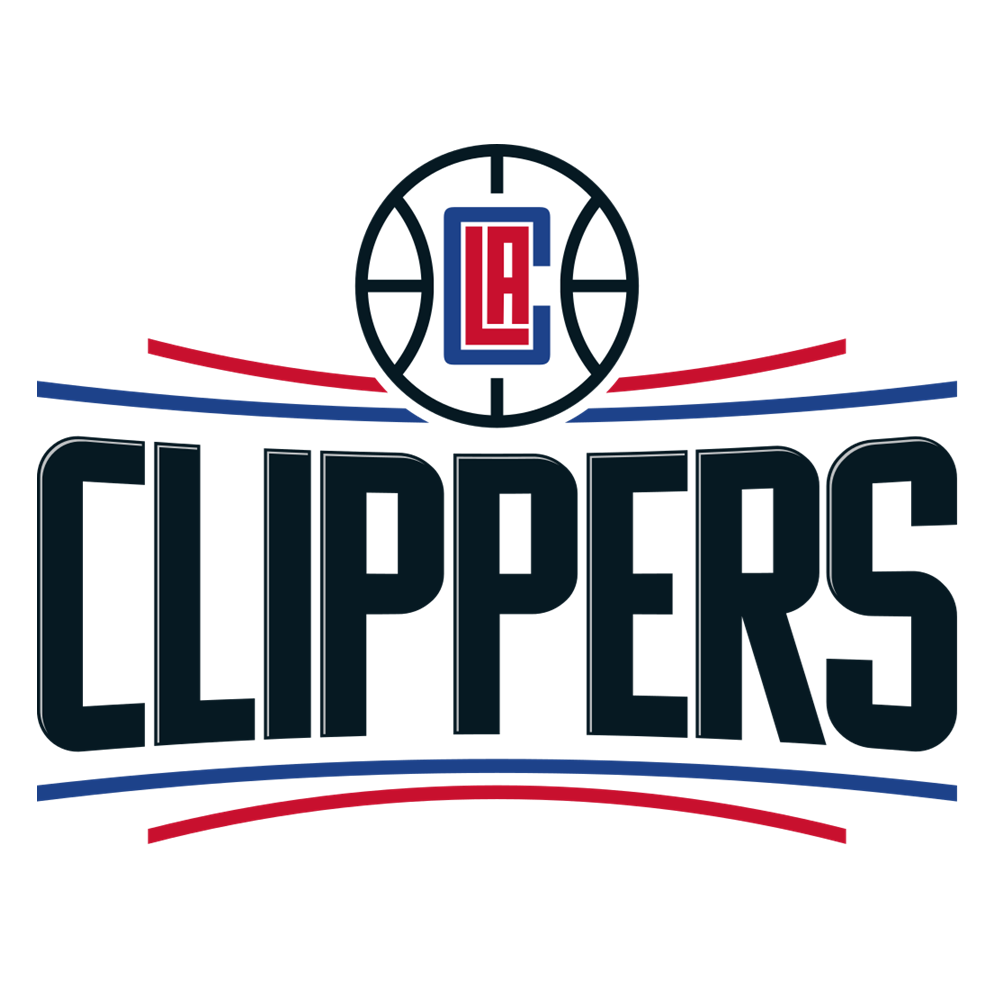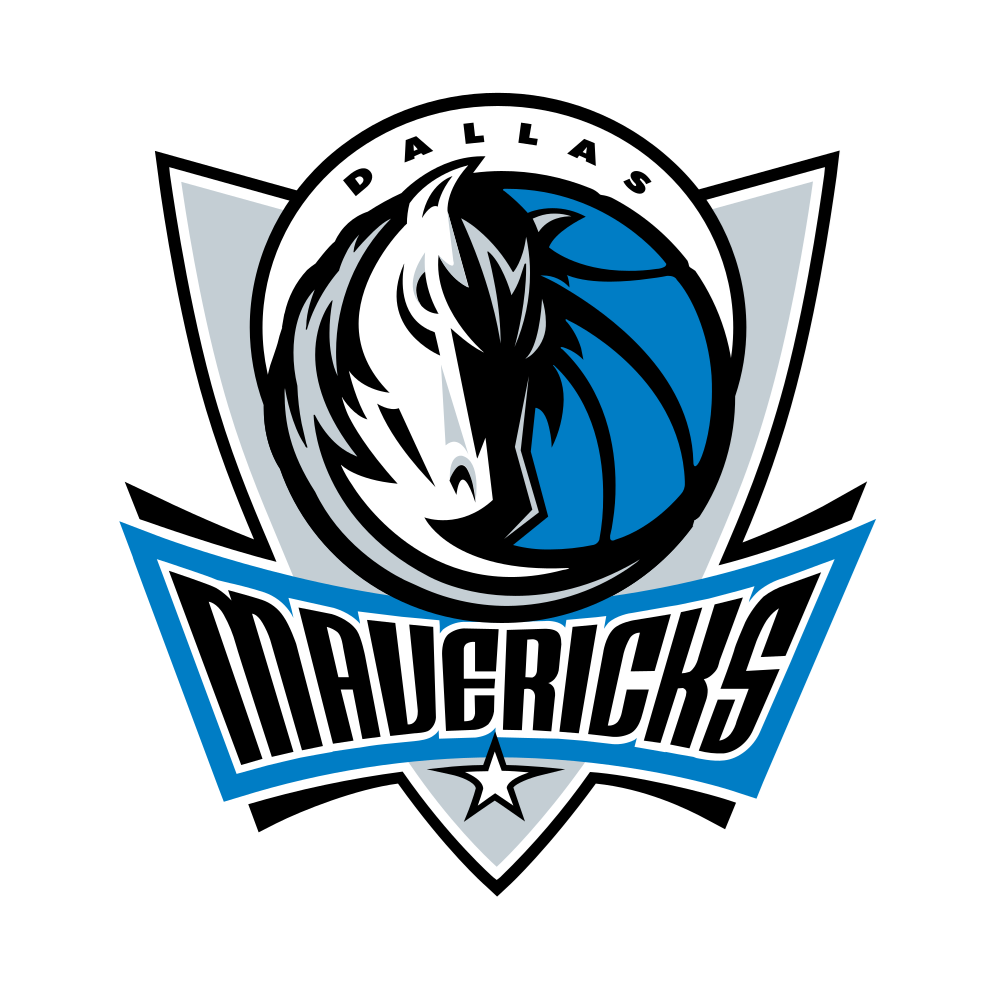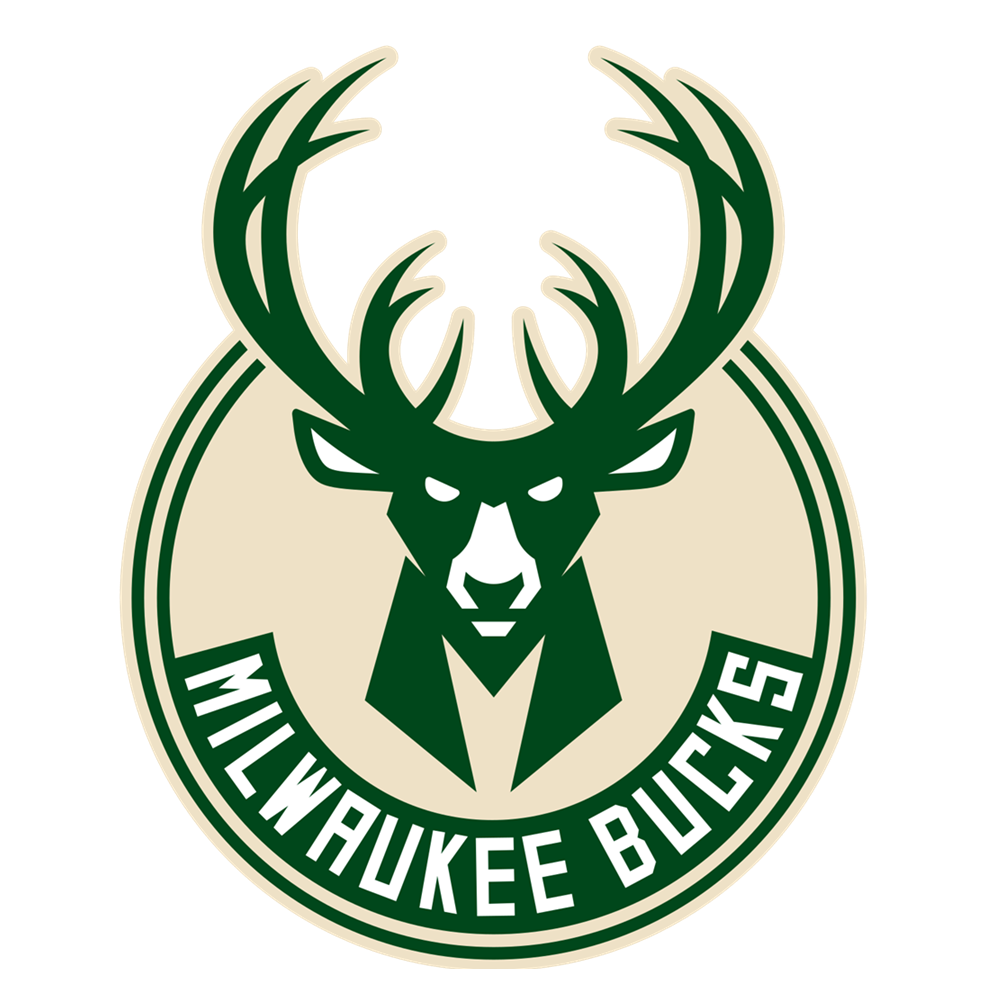The Cleveland Cavaliers are into their fourth consecutive NBA Finals, and are four wins away from their second NBA championship in that time. They have more NBA Finals appearances in the last 12 months alone than in their entire pre-2014 history. And this period of success began with the return to the team via free agency of LeBron James.
When James returned to the Cavaliers in the summer of 2014, he did so by signing only a two year contract, the second year of which was a player option. He then declined that option and re-signed to another two year contract, again with a player option, again that he declined. When re-signing for the third time in his second stint in 2016, he signed a slightly three year contract with a player option year, yet if James declines that player option this summer - as the above precedent suggests he will - then this will be LeBron's fourth free agency bid in the past five summers.
And for that, there is no precedent.
For his whole career now, LeBron has always brokered a different kind of player power to his forebears.
It has always been said that players (star ones, at least) wield the power in this league, yet outside of the occasional trade demand, rarely did they ever use it when it comes to their place on the market. LeBron certainly has, though. From being possibly the first to sign a four year maximum value rookie contract extension with a player option in the final year - thereby allowing himself to become a free agent after seven seasons, at which point players are eligible to earn more money for some reason - to actually changing teams via free agency in a way that incredibly few superstar players have ever done, LeBron has wielded his power for a long time.
In theory, by signing short term contracts, LeBron controls his own destiny. In practice, however, he also controls the destiny of his team. All Cavaliers personnel decisions made since LeBron's agreeing to return at the start of the 2014 moratorium period have been done with a view to both flanking him on the court and please him off of it by demonstrating a suitably urgent commitment to winning now. After all, if they are not suitably able and committed to winning during the prime years of one of the game's legends, and he is able to leave at any time, and he already did leave once when not given good enough of a team to win with, why wouldn't he do so again?
Short term decisions have thus been made with a view to pacifying James that often have not worked. Some have - the decision to trade Andrew Wiggins, Dion Waiters and Anthony Bennett for Kevin Love is most obvious such victory. Others have had decent success, such as the decision to trade a first round pick for Kyle Korver (a move that continues to pay dividends, if not for much longer), and trading two other ones for Timofey Mozgov (which stopped paying dividends long ago, and a price paid purely by circumstance rather than for Mozgov's own talents, yet which did yield an NBA title and thus pretty much worked). But others still have not. And perhaps this is sufficiently embodied by the signings for this season of declined veterans Dwyane Wade and Derrick Rose.
Both these players cost only the minimum salary, and were easily enough rehomed. And to be sure, this concept is not itself unique to the LeBron-era Cavaliers. Teams have long since former star veterans in the back halves of their careers, who cannot bear the load they once did, and sought to reap the benefits of their experience and talent, generally for cheap.
The difference in this instance, however, is LeBron’s own situation. It is precisely because of his permanent free agency that Cleveland have in recent times had to go the other way, and make a significant decision to keep a certain asset for the longer term rather than go all-in. The justifiable paranoia brokered by his insistence on short-term contracts created a heightened urgency around a team that could not afford to see the future beyond "how did we win the title next season?". If LeBron had ever committed to a three-year plan, maybe the Cavaliers could have done so too, and be better off for it.
This year, however, that seemed to change somewhat. Given an opportunity to trade a rare highly-prized future asset, they did not do so.
Cleveland did a lot at the deadline, to be sure. But what they did not do was trade their best asset. If Cleveland had been willing and able to go all in, they would surely not still hold the Brooklyn Nets' first-round pick in the 2018 NBA Draft.
That pick, which will be the eighth overall selection, was acquired as a part of the Kyrie Irving trade. In theory, it can be used as a failsafe for the inevitable reload that will follow should LeBron depart as a free agent again, and if it is kept, it can be used to source a quality player for all of the short, medium and long term futures.
But not, of course, the very immediate future. If it is to be used for the latter purpose, it will not help them right now. Running counter to their own usual strategy, Cleveland kept the pick, and did not go all-in on the 2017/18 season.
Which, now that they have made it back to their fourth consecutive NBA Finals as a huge underdog, is worthy of re-examining.
Names said to be available on the market and available in discussions with the #8 pick included DeAndre Jordan of the L.A. Clippers and Kemba Walker of the Charlotte Hornets. Both players ultimately stayed with their teams. But both were ultimately directly linked to the Cavaliers at the time. And both would be huge upgrades on what the team currently has.
Ostensibly, the contractual situations of both players (Jordan potentially a free agent this summer and in line for a huge payday, Walker a free agent after next season and definitely getting a big raise) proved to be a factor in Cleveland's decision not to make any deals for them, and stick with the pick.
Having DeAndre Jordan protecting the back line of the defence, running the court, rolling to the rim and hammering home the offensive glass (a key Cavaliers advantage in this series) would certainly narrow the potentially substantial gap between the two teams. So too would having Kemba Walker in place of George Hill [let us assume the deal with the L.A. Lakers for Jordan Clarkson and Larry Nance had still gone down, worked around the Stepien rule, but the Hill/Rodney Hood deal had not), creating off the dribble, scoring in the half court, and being suitably good of an offensive player that the Cavaliers wouldn't need to play LeBron every single second of big games for fear of imploding when he went out.
If, for example, a combination of Walker and various need-to-be-dumped Charlotte Hornets contracts (Nic Batum, Cody Zeller, Marvin Williams - let's say Batum) had been made available for a package involving slightly less big salary going the other way (J.R. Smith, Iman Shumpert, Jae Crowder) and the #10, resulting in a Cavaliers front eight line-up of LeBron, Kemba, Batum, Love, Tristan Thompson, Larry Nance, Kyle Korver and Jeff Green, would the upcoming Finals still look so one-sided in favour of the Golden State Warriors?
The above is purely hyperbolic, of course. It cannot be empirically proven either way whether or not they would be better or worse after a deal, or even if such deals were even possible and at Cleveland's discretion. Evidence suggests that they were, yet we can never know, thus we can never truly judge.
What we do however know empirically is this. Cleveland are four wins away from the NBA title. Their opponent in this series, the Golden State Warriors, have done nothing to shut the door on them and look more vulnerable than in any other season of their dominant run (even more so than in 2016 when they lost to these selfsame Cavaliers). LeBron James sufficiently lacks for help that the Cavaliers find it difficult to play a single minute without him, and thus have decided – needed – to not to so. Their main asset for talent acquisition, the #10 overall pick in a future draft, is not going to help them for another month. And in another month, the window might not be as open as it is now.
As it is, the decision was taken to reverse course. Rather than invest the future in the present, Koby Altman and the Cavaliers' brain trust decided to keep what has since become the number eight pick, and keep open their flexibility in the future. It may well prove to be the correct decision - the above is not intended to be a repudiation of it.
But if the Cavaliers do come up short of talent in this series, just as they did last year, let us remember that they had opportunities to remedy that.
